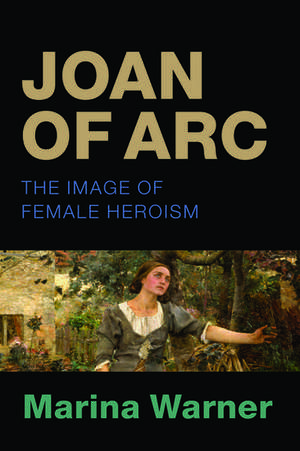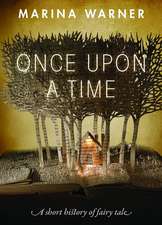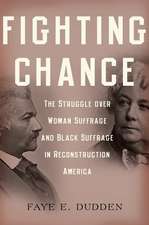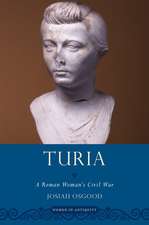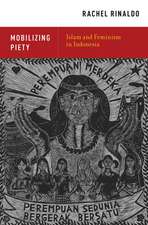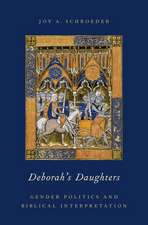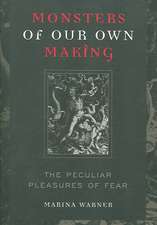Joan of Arc: The Image of Female Heroism
Autor Marina Warneren Limba Engleză Paperback – 17 mar 2016
| Toate formatele și edițiile | Preț | Express |
|---|---|---|
| Paperback (1) | 155.02 lei 31-37 zile | |
| Oxford University Press – 17 mar 2016 | 155.02 lei 31-37 zile | |
| Hardback (1) | 200.57 lei 31-37 zile | |
| Oxford University Press – 21 mar 2013 | 200.57 lei 31-37 zile |
Preț: 155.02 lei
Preț vechi: 164.50 lei
-6% Nou
Puncte Express: 233
Preț estimativ în valută:
29.66€ • 31.03$ • 24.64£
29.66€ • 31.03$ • 24.64£
Carte tipărită la comandă
Livrare economică 22-28 martie
Preluare comenzi: 021 569.72.76
Specificații
ISBN-13: 9780198718796
ISBN-10: 0198718799
Pagini: 402
Ilustrații: 8 pp of colour plates; 16 pp of black-and-white plates
Dimensiuni: 155 x 234 x 22 mm
Greutate: 0.6 kg
Editura: Oxford University Press
Colecția OUP Oxford
Locul publicării:Oxford, United Kingdom
ISBN-10: 0198718799
Pagini: 402
Ilustrații: 8 pp of colour plates; 16 pp of black-and-white plates
Dimensiuni: 155 x 234 x 22 mm
Greutate: 0.6 kg
Editura: Oxford University Press
Colecția OUP Oxford
Locul publicării:Oxford, United Kingdom
Notă biografică
Marina Warner's award-winning studies of mythology and fairy tales include Monuments & Maidens: The Allegory of the Female Form (l985) and No Go the Bogeyman: Scaring, Lulling and Making Mock (1998). Her Clarendon Lectures Fantastic Metamorphoses; Other Worlds were published in 2002; her essays on literature and culture were collected in Signs & Wonders (2000), and Phantasmagoria, a study of spirits and technology, appeared in 2006. Marina Warner was created a Chevalier de l'Ordre des Arts et des Lettres by the French in 2002, and a Commendatore by the Italians in 2005. She was awarded the Warburg Prize in Germany in 2004, and is an Honorary Fellow of Lady Margaret Hall, Oxford. She is Professor of Literature, Film and Theatre Studies at the University of Essex and President of the British Comparative Literature Association. In 2005 she was elected a Fellow of the British Academy. Oxford gave her an Honorary Doctorate in 2005.
